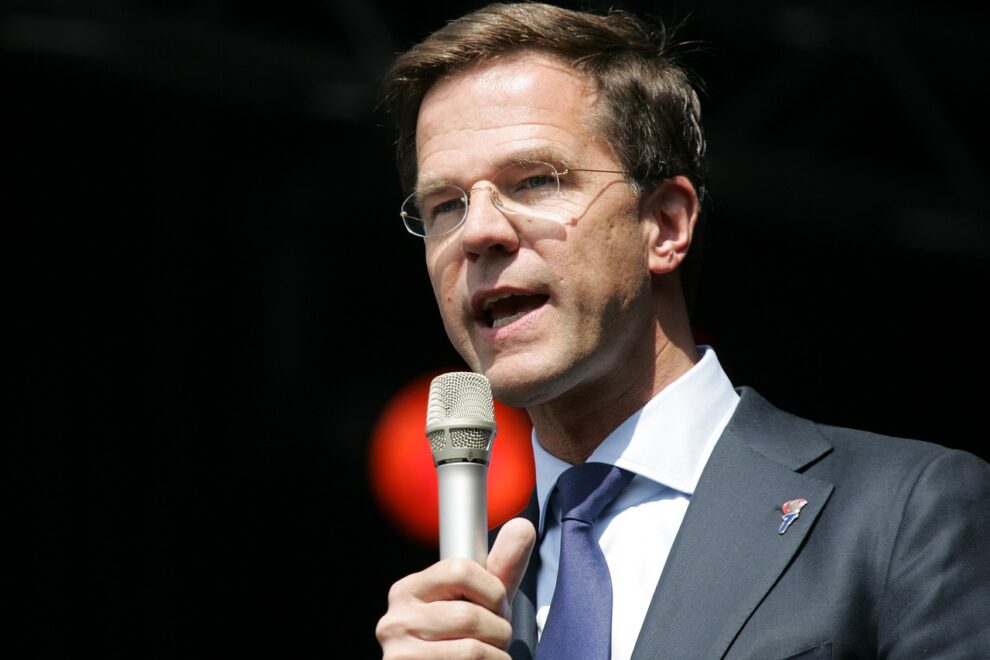The Netherlands said Friday it will hold snap general elections on November 22 in what will be a transformative vote to replace the country’s longest-serving prime minister, Mark Rutte.
Dutch voters will go to the polls to elect a new parliament following the collapse of Rutte’s four-party coalition a week ago over a bitter argument about asylum seeker policy.
Rutte, the leader of the centre-right VVD party, stunned the Netherlands by announcing on Monday that he was quitting politics altogether after 13 years at the helm.
With the leaders of other Dutch coalition partners also resigning following the implosion of the government, it promises to be a seismic election in the eurozone’s fifth-largest economy.
“Lower house elections will be held on Wednesday, November 22. This was decided by the cabinet on the recommendation of Interior Minister Bruins Slot,” Rutte’s cabinet said in a statement.
“In choosing this date, the preparation time for political parties, the feasibility for municipalities and the preparations by the Electoral Council were taken into account,” the cabinet said.
Rutte’s VVD will be aiming for another shot at the premiership, most likely under the Turkish-born justice minister Dilan Yesilgoz — who herself came to the Netherlands as an asylum-seeker — while a party of Dutch farmers will be aiming to shake up the system.
The Farmer-Citizen Movement (BBB), formed after months of rowdy rallies against plans to cut livestock numbers for environmental reasons, won senate elections earlier this year.
November’s elections are likely to be closely watched in Europe, where Rutte, the EU’s second longest-serving leader after Hungary’s Viktor Orban, ensured the tiny Netherlands punched above its weight.
The Dutch premier took a lead role on issues ranging from eurozone bailouts, where his frugal stance often put him at odds with southern Europe, to the war in Ukraine.
But European capitals will likely have to wait to see the shape of things to come, with coalition negotiations in the messy Dutch political system often taking several months.
The previous coalition, Rutte’s fourth since he took office in 2010, only took office after a record-breaking 271 days of negotiations — and then collapsed after just a year and a half.
Had the coalition stayed in place, the next elections would not have been due until early 2025.
The Dutch coalition collapsed last Friday in a row over Rutte’s plans to cut numbers of family members from war zones who are allowed to reunite with asylum-seekers in the Netherlands.
Rutte, nicknamed “Teflon Mark” for his ability to survive political scandals, said on Monday that it was time to “pass the baton” and he would quit politics once a new government had been formed.
On the same day, Foreign Minister Wopke Hoekstra said he was standing down as leader of the Christian-based CDA party, Rutte’s political bedfellow in the coalition.
Then on Thursday Finance Minister Sigrid Kaag said she was quitting as leader of the centre-left D66 party, blaming the impact of “hate, intimidation and threats” on her family.
The smallest coalition partner, the ChristenUnie — a Christian Democratic party that draws its main support from the staunchly Protestant “Bible Belt” in the central Netherlands — and centre-left D66 had strongly opposed Rutte’s asylum plan.
ChristenUnie’s most prominent minister in Rutte’s cabinet — Carola Schouten — also announced this week that she would stand down.
